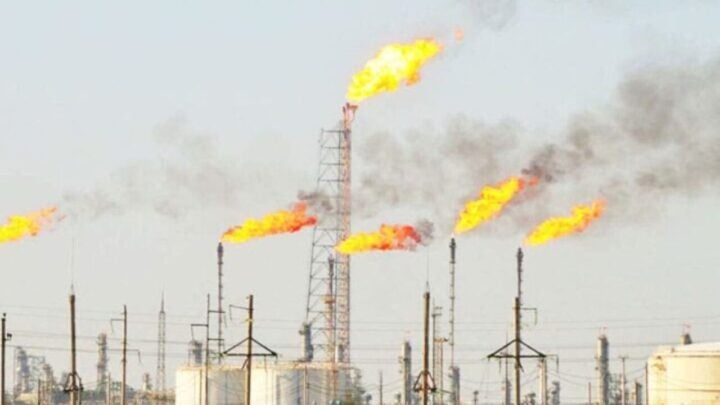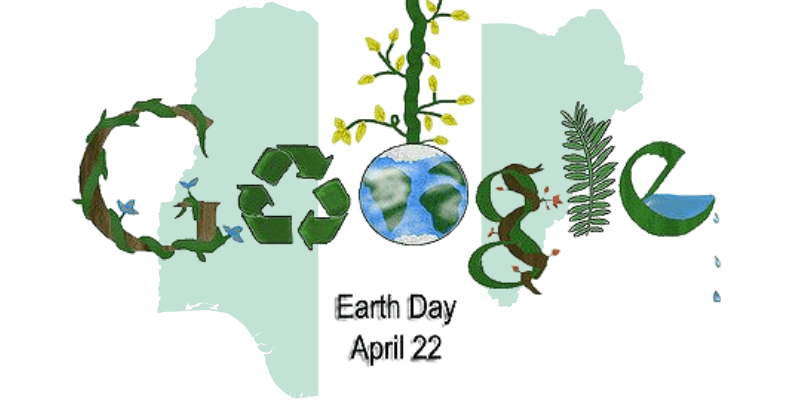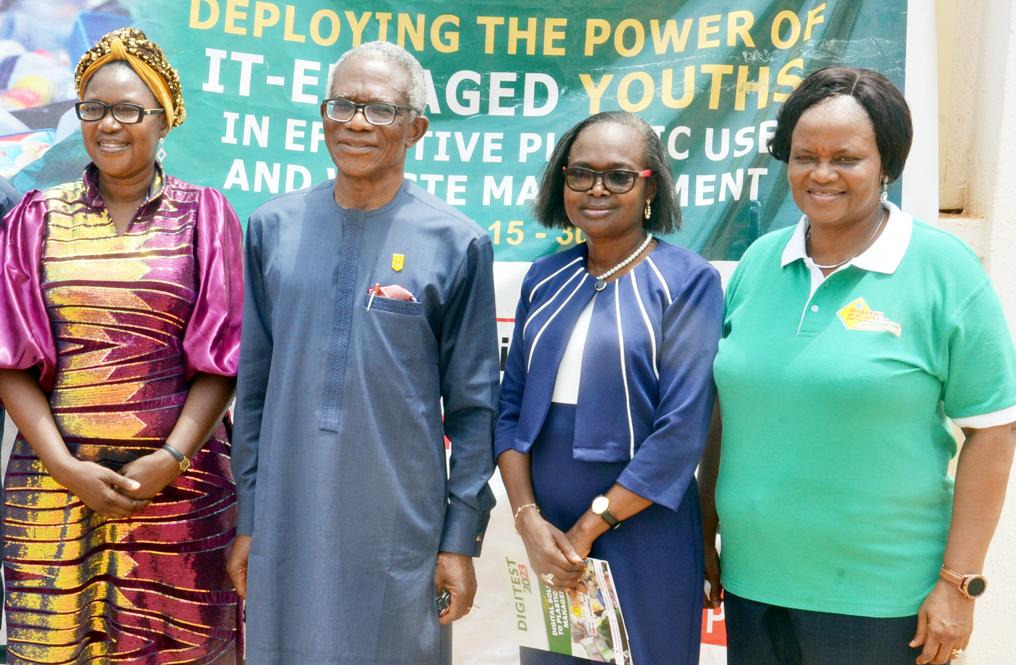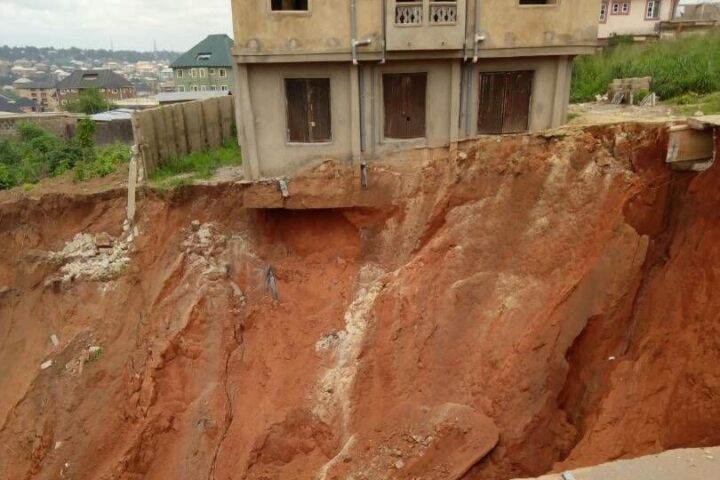Despite directly impacting our communities, health, and livelihood, climate-related reports usually take a back seat to dominant news beats like politics and business. Climate Watch aims to ensure you never miss important stories on climate change and actions being taken toward limiting its impact.
Here is a round-up of last week’s climate stories:
- The International Monetary Fund (IMF) in a statement on April 11 called for measures to accelerate global climate action and finance, especially in vulnerable communities. The IMF emphasised the need for a united effort between the public and private sectors to invest in tackling climate change. The body also stressed the importance of robust climate policies and stronger mechanisms to promote cooperation and risk-sharing among stakeholders. Read more here.
- While presenting the climate-related disaster preparedness and mitigation strategies document in Abuja last Thursday, Mustapha Ahmed, director-general of the National Emergency Management Agency (NEMA), warned that over 300 local government areas (LGAs) in Nigeria are at high risk of flooding between April and November 2023. Ahmed said floods witnessed last year may reoccur this year while urging Nigerians to take warning signs from relevant authorities seriously. Read more here.
- At the Department of Climate Change’s (DCC) stakeholders’ inaugural meeting on Climate Promises Initiative II (CPI II) held in Abuja, Mohammed Abdullahi, minister of environment, on April 13, described the initiative as a call to action for governments and individuals to unite toward reducing greenhouse gas emissions. He said it will also advance sustainable development, as well as safeguard the planet for future generations. The minister, who was represented by Lawrence Adigwe, the ministry’s director of human resources management, said the project is part of the government’s efforts to tackle environmental challenges such as droughts, increased food insecurity, and community displacement.
- Meanwhile, in response to global energy crises, the group of seven rich nations (G7), last week, agreed to phase out fossil fuels by reducing gas consumption as well as accelerating the use of electricity generated from renewable sources. The G7 environment ministers also discussed assisting developing countries in slashing emissions through global climate financing.
- Also, the indigenes of Ekuri Community in Akamkpa LGA of Cross River have demanded N500 million in compensation from Ezemac International Nigeria Limited for carrying out illegal logging operations in their community forest. Edwin Ogar, programme coordinator of the Worthy Association for Tackling Environmental Ruins (WATER), said the Ekuri forest which has been conserved by the people for many years has been destroyed by the company without permission. The community also called for an immediate withdrawal of the company’s logging activities while seeking international intervention for the forest which is currently under threat of extinction.
Add a comment






